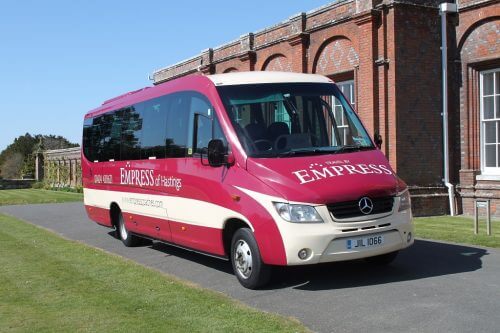
For decades Empress Coaches of Hastings was the quintessential family-owned seaside operator serving traditional markets, but under the stewardship of current owner and proprietor Steve Dine and his son Josh, it has become much more focused on niche opportunities as they explain to Andy Izatt
I first interviewed Steve Dine in 1999 when Empress Coaches of Hastings was celebrating its 70th anniversary. Little did I know that, within a few weeks of that meeting, Steve would buy the business and days later his wife Jayne would give birth to their first child, Josh.
Eighteen years later,[…]
By subscribing you will benefit from:
- Operator & Supplier Profiles
- Face-to-Face Interviews
- Lastest News
- Test Drives and Reviews
- Legal Updates
- Route Focus
- Industry Insider Opinions
- Passenger Perspective
- Vehicle Launches
- and much more!


